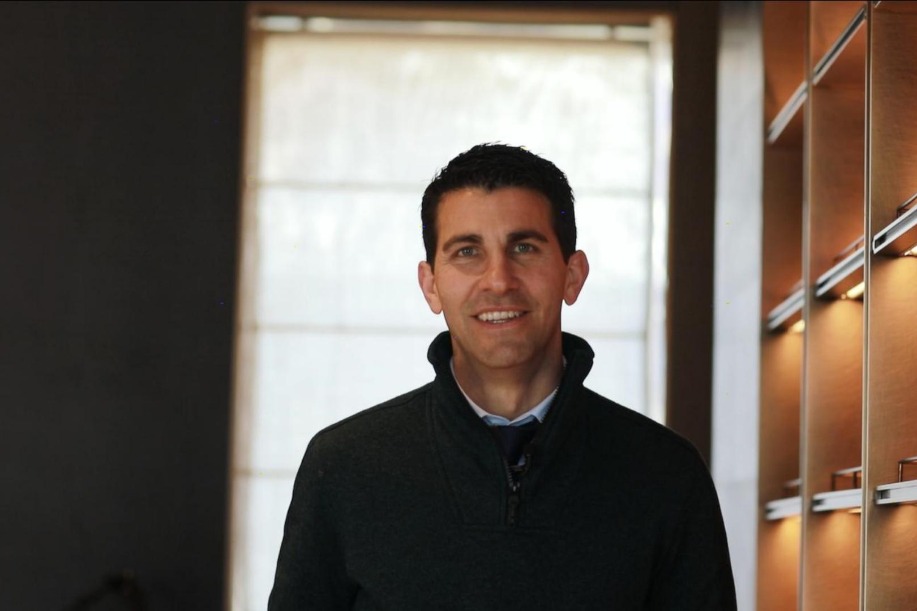Green push drives decision on car plants

We need to push Europeans to change, says head of chinese electric car company
BYD Co Ltd, the Chinese manufacturer of electric cars and rechargeable batteries, says it will build two manufacturing bases in Europe within a year and a half because of the continent's globally leading policies on the environment.
The announcement comes after China's top climate official vowed at the South-South Cooperation on Climate Change Forum on Dec 8 that the nation will present its post-2020 goals for coping with climate change ahead of schedule.
| From left: Liao Liqiang, outgoing Chinese ambassador to Belgium; Pascal Smet, Brussels' minister for mobility and public works; and Isbrand Ho, managing director of BYD Europe, celebrate the debut of BYD e-taxis in Brussels in October. Provided to China Daily |
Xie Zhenhua, head of the Chinese delegation to the United Nations climate change talks in Lima, Peru, said China will announce its "intended nationally determined contribution" in the first quarter of next year, rather than in June.
"As a developing country, China will try its best to cooperate with other developing nations to actively tackle climate change," Xie said.
The nation is also working to achieve stronger climate change measures in developed regions. Isbrand Ho, managing director of BYD Co's European operations, says environmentally safe technologies abound in Europe but that "we need to push Europeans to change".
A rising demand in Europe for electric buses and cars was another impetus behind BYD's decision to establish the two manufacturing plants, one of which will be located in the United Kingdom.
The other facility will ideally be built in a EU country but may be strategically situated close to Russia.
"We have contacted our Russian partners and they have a great interest in our electric buses because the country is looking to dispose of its outdated public buses," Ho says from his office in Rotterdam, the Netherlands. "So the other production base may be located in Poland."
Still, company officials say Europe is not an easy market to establish manufacturing facilities because of the continent's rigid procurement procedures and a negative public attitude to electric vehicles.
Ho says BYD will not build the two bases from the ground up and will instead buy or cooperate with European partners. He did not reveal any other details about the bases.
BYD Europe is the marketing and distribution arm of BYD Co Ltd, headquartered in Shenzhen, Guangdong province. The parent company offers a full line of electric vehicles, including all-electric cars, buses and forklifts.
"We have experienced rapid growth in the sale of electric vehicles in the past three or four years in Europe," Ho says.
It is also the world's biggest manufacturer of rechargeable batteries and has the largest global market share for mobile phone chargers and keypads.
It opened its division in Europe 13 years ago aming to sell electronic products in Northern Europe. One of its major clients is Nokia, the Finnish communications and information technology company.
The company's electric buses can be found in Milan, Barcelona, London, Amsterdam and other major European cities. In October, 34 of its fully electric taxis were put into service in Brussels.
At the ceremony in October, Pascal Smet, Brussels' minister for mobility and public works, said using electricity in public transportation, including the taxi sector, is vital for European citizens' quality of life because the electric taxis generate less pollution and noise.
The European Union has said it aims to make renewable energy at least 20 percent of its total energy mix by 2020. In October, it agreed to cut its carbon emissions by 40 percent by 2030 from 1990 base levels. The deal has encouraged its member states to accelerate the use of electricity in the transportation sector.
Fully electric vehicles are becoming more popular around the world, especially in densely populated cities.
Ho says BYD's e6 taxi will cut taxi companies' fuel costs.
"Taxi passengers will also enjoy a quiet and comfortable ride," he adds.
BYD is also introducing a range of electric buses in several major global cities. In Europe, 36 cities are test-running its electric bus.
"Our goal for next year is 500 vehicles in sales in Europe," Ho says.
He says he expects the UK government, especially London (BYD's biggest market in Europe), to soon send representatives to his Rotterdam office to discuss the possibilities of expanding its use of electric buses.
Ho says the battery is the most important part of the electric vehicle, and while most electric vehicles do not produce their own batteries, BYD has years of experience in developing rechargeable batteries. It currently uses a lithium-iron phosphate battery to power its cars, buses and forklifts.
Ho says the BYD battery is safe, stable, environmentally friendly and has a longer shelf life.
"Our batteries can be used in extremely high and low temperatures," Ho says. "In Russia, it won't be a problem to use our cars in the winter."
BYD electric buses can reach an average daily mileage of 250 kilometers on just one charge, Ho says.
Ho adds that the electric bus' rear drive axle system, together with a regenerative braking technology, allows for significant transmission efficiency and reductions in noise and vibration.
BYD also custom-tailors its buses to a country or region's needs.
"This is very similar to making suits," says Ho. "Touch and feel is very essential to bus manufacturing and this is our challenge."
Ho urges Europeans to embrace green technologies and although electric buses are usually 50 percent more expensive than normal fuel-based buses, which cost between 250,000 euros and 300,000 euros, the electric buses will save on daily fuel costs.
He claims that the cost of recharging BYD's batteries, in terms of electricity fees, is at least 20 percent cheaper than filling a regular bus with diesel fuel.
In London, for example, Ho says 100 pounds is needed to fill up a bus with diesel. But it costs only 20 pounds to charge one of BYD's batteries.
"We have known that the higher expenditure of buying electric buses will be compensated by the margin of diesel and electricity," says Ho. "From the fourth year of using electric buses, they will begin earning money."
fujing@chinadaily.com.cn
(China Daily European Weekly 12/12/2014 page23)
Today's Top News
- Xi congratulates Yoweri Museveni on re-election as president of Uganda
- Senior military officials under investigation: Defense Ministry
- Systematic approach sees return of clear waters to the Yangtze River
- IP protection for new fields to improve
- Draft rules define premade dishes in consumer interest
- Xi greets To Lam on election as Vietnam party leader































